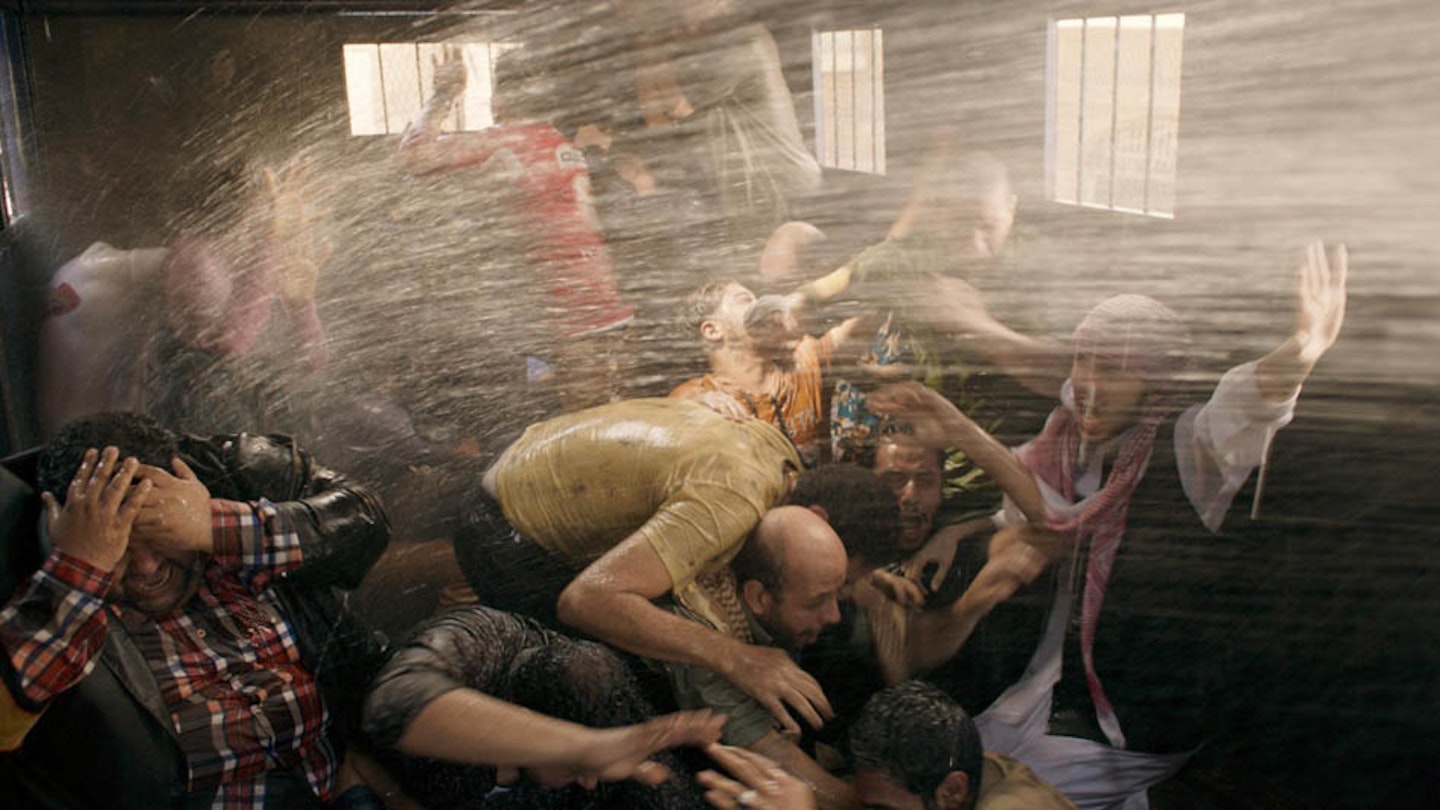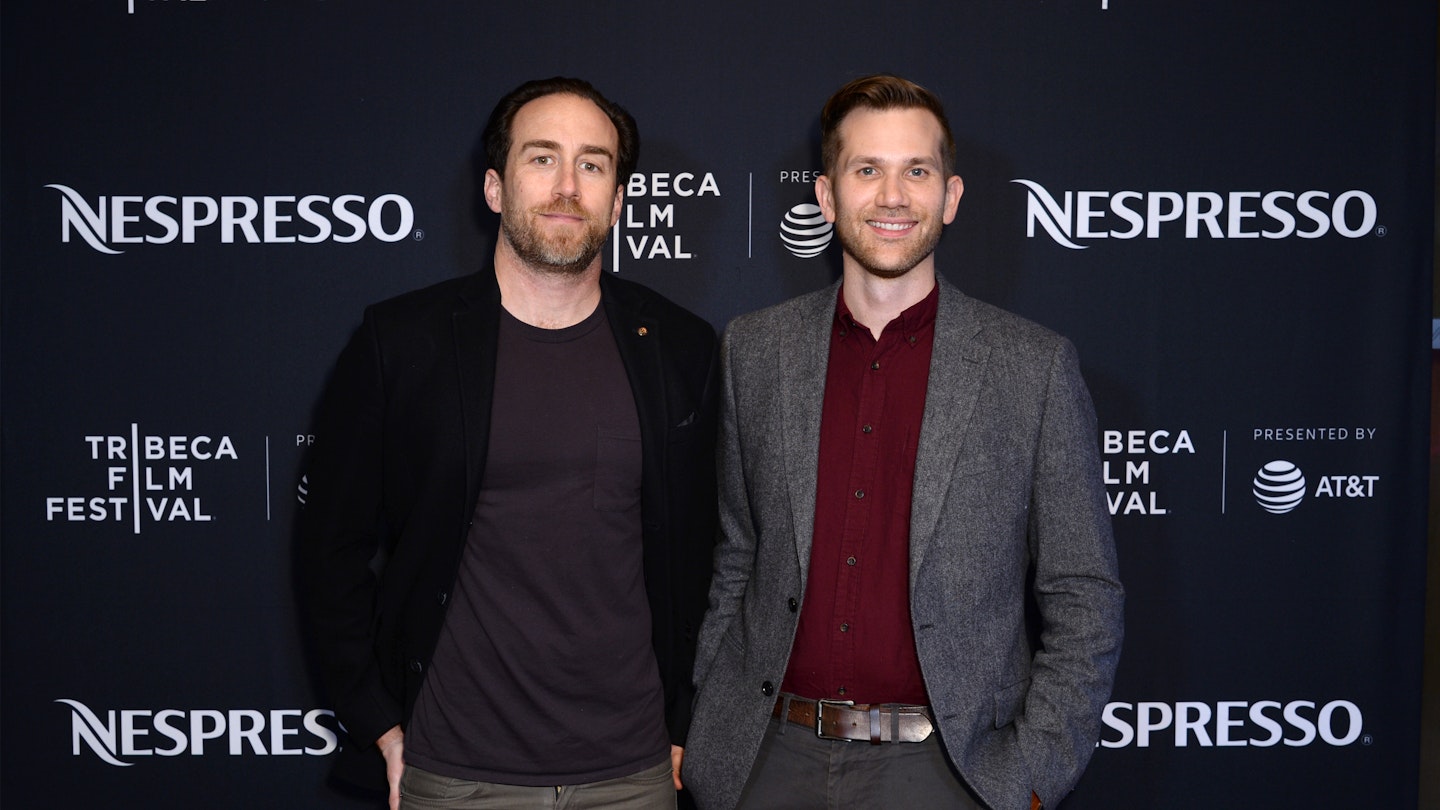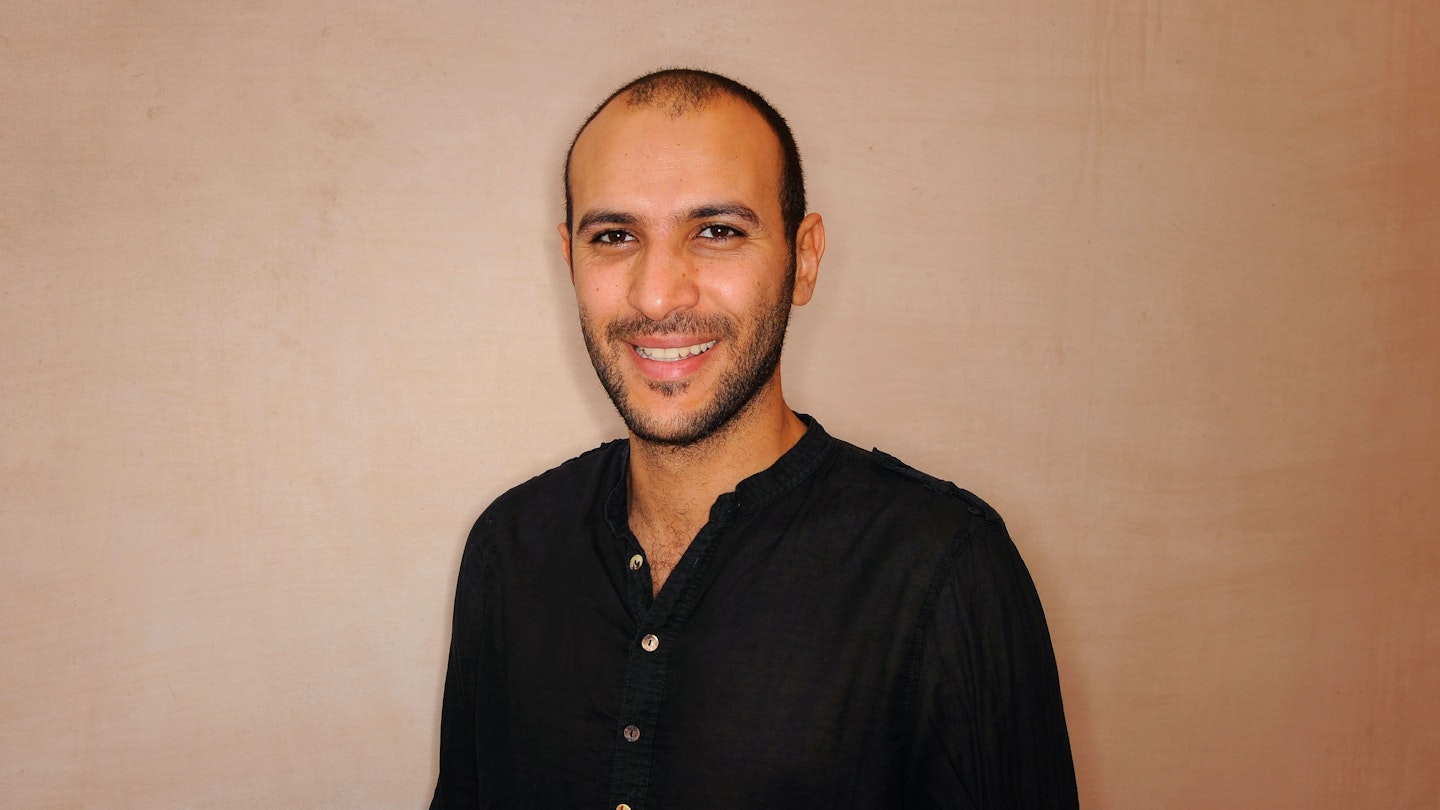With abundant Twitter images, organisational Facebook pages and plentiful jerky snatches of camera-phone footage, the Egyptian upheavals of 2011 and 2013 have rightly been described as the first social media revolutions. And in many ways, to watch them unfold in real-time on phones and laptops was to feel vaguely omniscient. So it seems something of a contradictory risk to take this viewpoint — a sweeping digital panorama — and shrink it right down to just the cramped interior of an armoured police truck. Happily, it’s a creative gamble that pays off wonderfully in this bruising, innovative breakthrough from Egyptian writer-director Mohamed Diab.
A minor masterpiece of claustrophobia and expertly managed tension.
The central pitch is instantly seductive. We open in the gloom of that mobile prison cell (a location that the camera will mostly be confined to for the film’s 98-minute running time) and establishing text informs us that this is an unspecific day in June 2013, when supporters of the pro-regime Muslim Brotherhood and those in favour of the coup-launching military clashed all over Egypt. In the violent confusion, a pair of American-Egyptian journalists are hurled unceremoniously into the truck. Next, others are tossed in too — Muslim Brotherhood loyalists, their bitter army-backing rivals, fearful families, old men caught up in the mêlée — and from there on in Clash becomes a tale of survival in a stifling space where fresh air is in as short supply as ideological understanding.
Where are they being taken? Will the equally confused riot cops release any of them? Can they stop tensions in the truck from spilling over? What happens when someone needs the toilet? These plot-driving questions are all skilfully (and playfully) answered by Diab as the truck trundles on. And, when the moments of thriller-ish action outside the truck do inevitably arrive, he uses the film’s stylistic conceit to his advantage. With shades of Alfonso Cuarón’s Children Of Men, the camera moves amid panicking bodies, peeping through the barred windows for long takes as bullets fly, blood is spilled and the anarchic confusion is slowly ratcheted up.
What’s more, what initially looks like a politically flavoured chamber piece soon morphs into an effectively damning satire. Despite the heavy subject matter, Diab routinely deploys all-out comic absurdity (“No, it’s forbidden to be touched by a woman,” says a bleeding Muslim Brotherhood detainee as a fellow captive who happens to be a nurse offers him treatment)
to present the truck as a microcosm of Egypt and, in a wider sense, the world. Some of these sitcom flourishes and nakedly allegorical touches may be a bit much for some, but you’re never very far from a sharp dose of authentically grisly reality. And while the pace sags somewhat around the hour mark, it doesn’t detract from a powerful finale and a lasting message about tolerance, humanity and the corrupting forces of chaos and paranoia.


